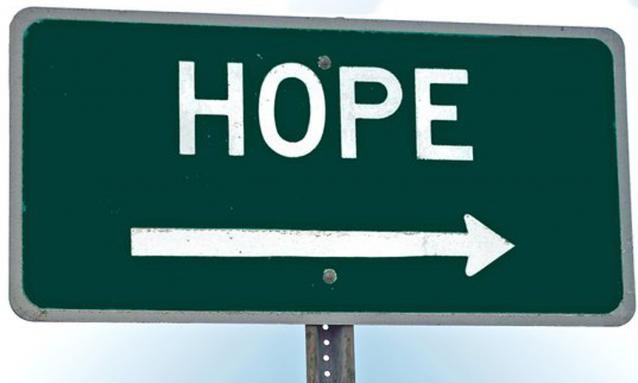According to a report from the federal Appalachian Regional Commission, my home in Central Appalachia has the highest death rates from all cancers among all demographic subgroups of any Appalachian region.
Unfortunately, to most folks living in Central Appalachia, and especially in eastern Kentucky and southwestern Virginia, this isn't news. As they say around here, "You can't throw a rock without hitting someone whose family member has had cancer."
In 2009, Roadside Theater and Mountain Empire Older Citizens in Big Stone Gap, Virginia teamed up to create "Capturing and Telling Your Community's Cancer Story." This 10-month project focused on cancer early detection and prevention, but it wasn't your typical program.
Because there are so many unfounded beliefs in the mountains about cancer, we decided it was time for cancer survivors and their family members to tell their true stories about cancer. So we worked with them to create and perform plays from their personal stories. Some also made media pieces that could be viewed when performance wasn't possible. The plays were very popular, but were also effective cancer myth busters.
Tuesday, February 4th is World Cancer Day, a time when organizations and individuals around the world are sending a message: Ending cancer should be a global health priority.
World Cancer Day is a chance to raise collective voices in the name of improving general knowledge around cancer and dismissing misconceptions about the disease. This year World Cancer Day aims to dismiss these four myths:
Myth 1: We don’t need to talk about cancer.
Truth: While cancer can be a difficult topic to address, particularly in some cultures and settings, dealing with the disease openly can improve outcomes at an individual, community and policy level. The American Cancer Society has lots of pointers for talking about cancer, whether it’s with friends and family, your doctor, or others.
Myth 2: Cancer . . . There are no signs or symptoms.
Truth: For many cancers, there are warning signs and symptoms and the benefits of early detection are indisputable.
Myth 3: There is nothing I can do about cancer.
Truth: There is a lot that can be done at an individual, community and policy level, and with the right strategies, a third of the most common cancers can be prevented, according to the UICC. Avoiding tobacco, maintaining a healthy body weight, eating right and getting enough exercise, and getting appropriate cancer screening tests can all make a significant difference.
Myth 4: I don’t have the right to cancer care.
Truth: All people have the right to access proven and effective cancer treatments and services on equal terms, and without suffering hardship as a consequence. The American Cancer Society is committed to fighting cancer worldwide.
Let us know what you're doing on World Cancer Day to improve knowledge about cancer.
